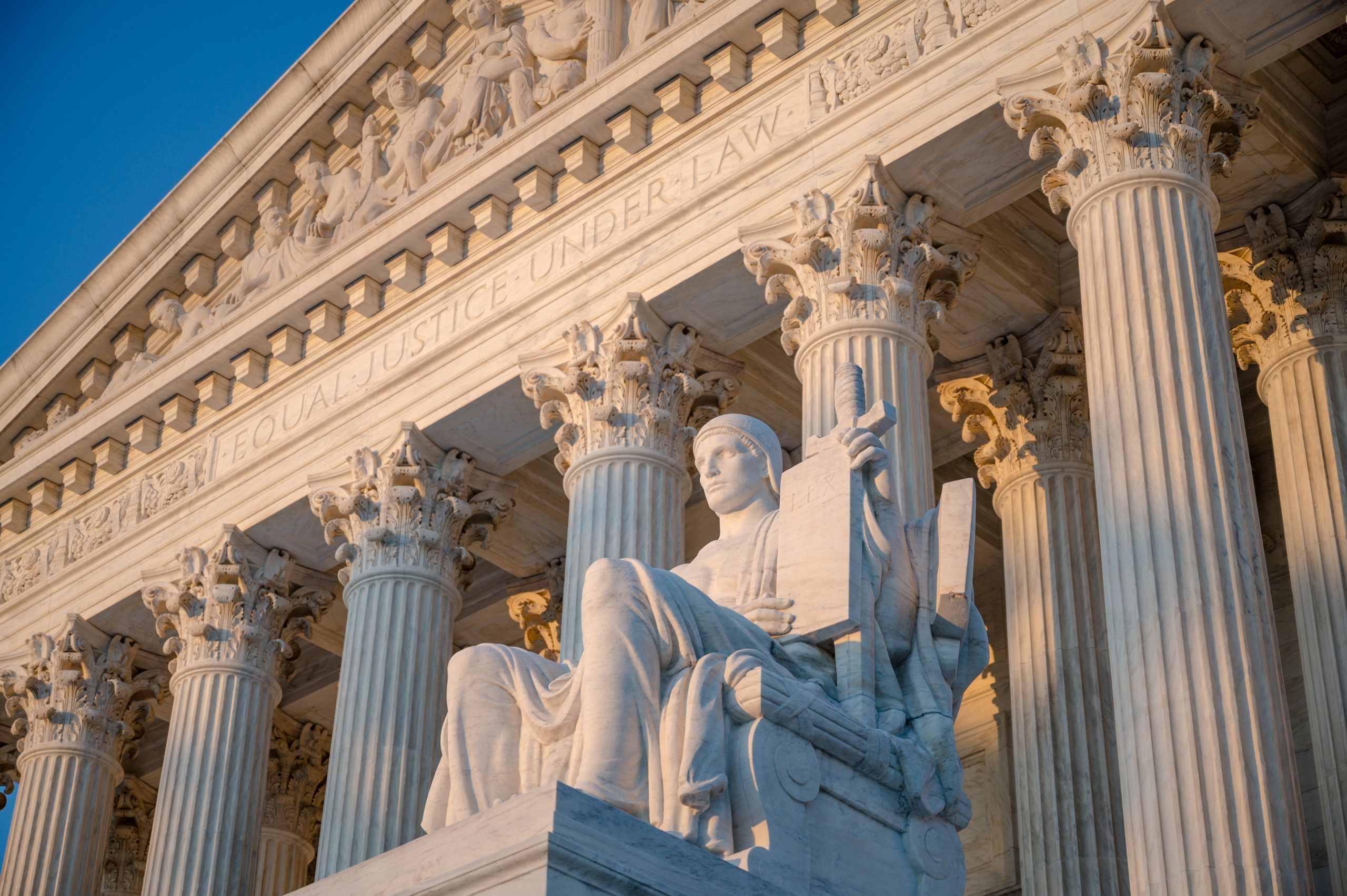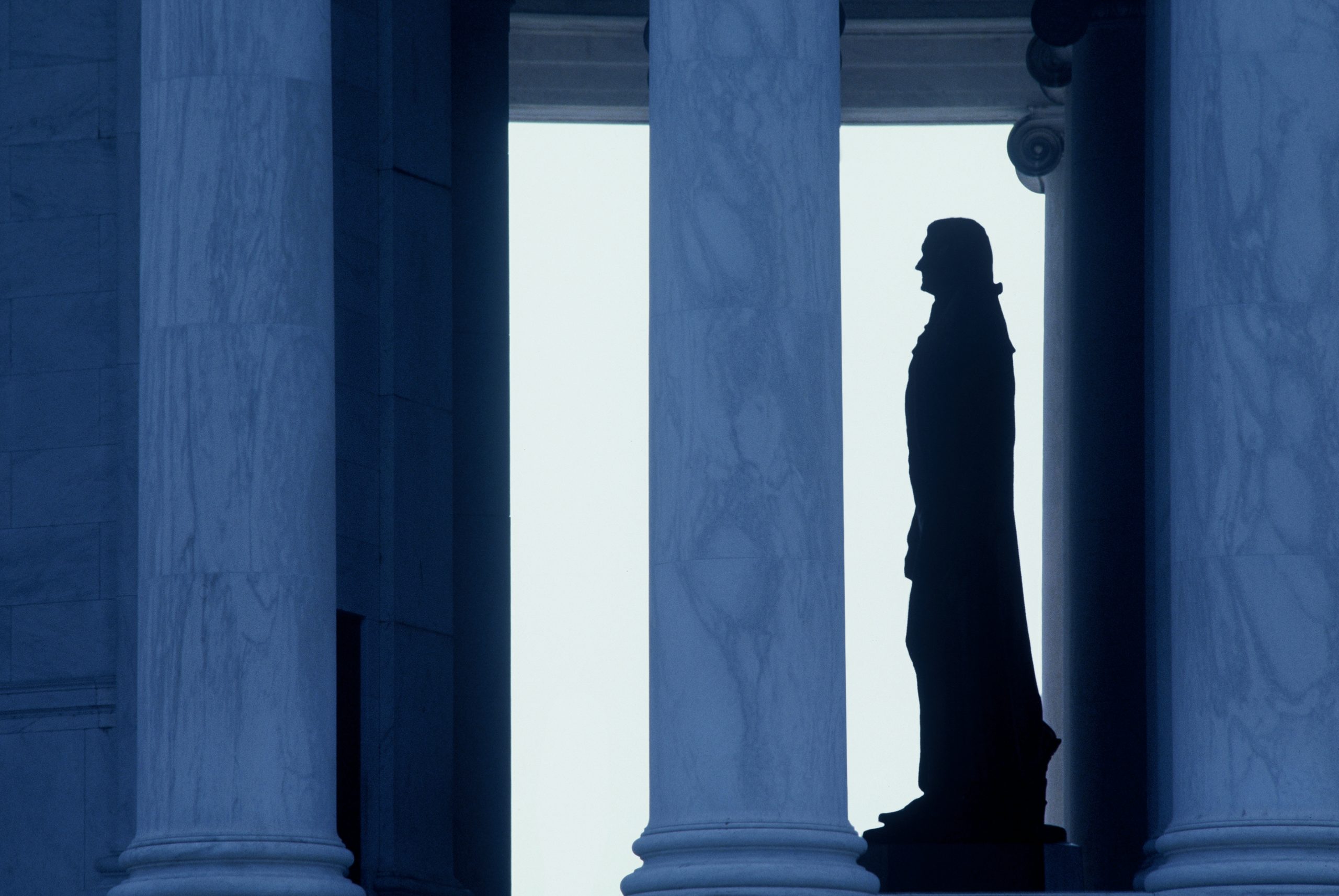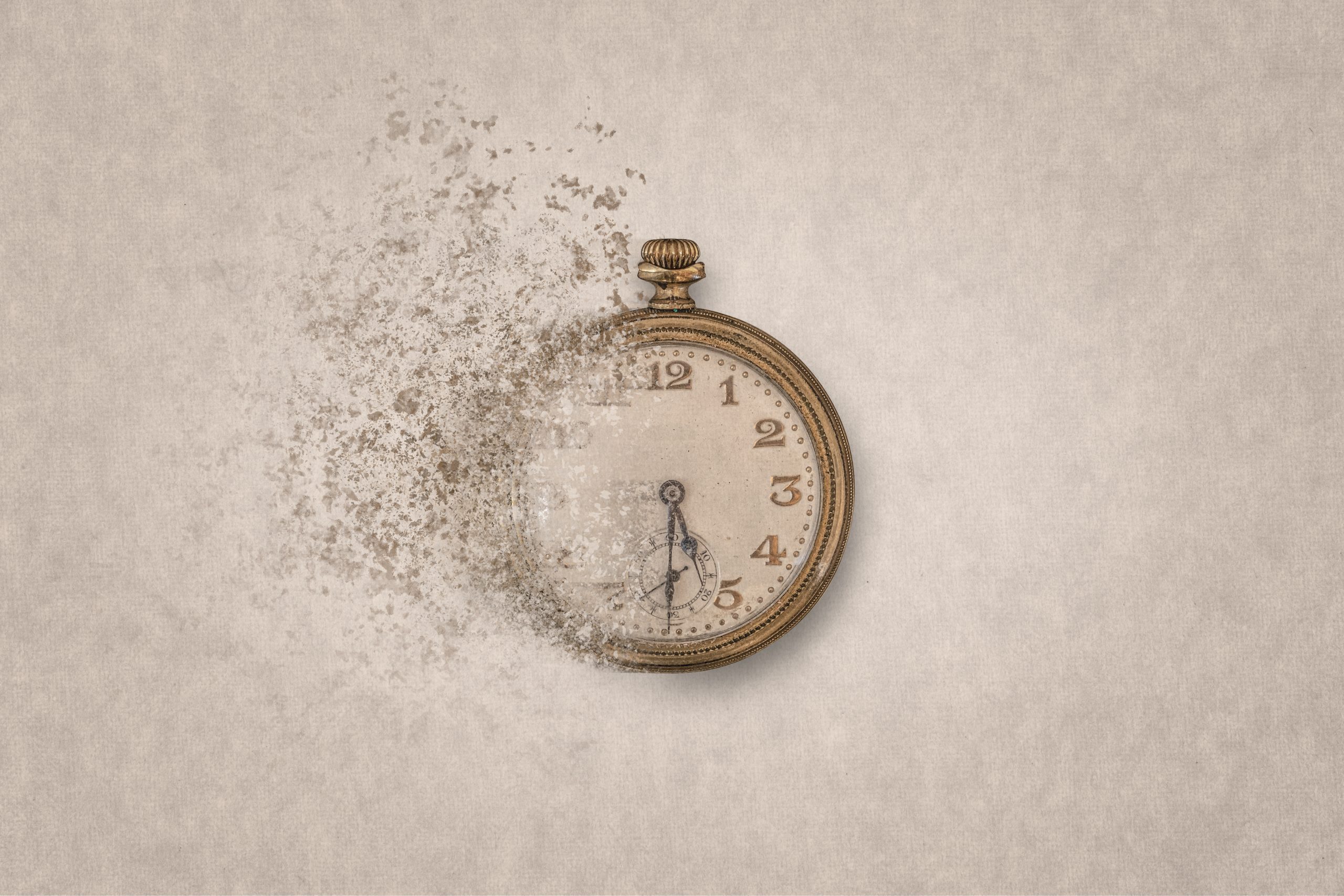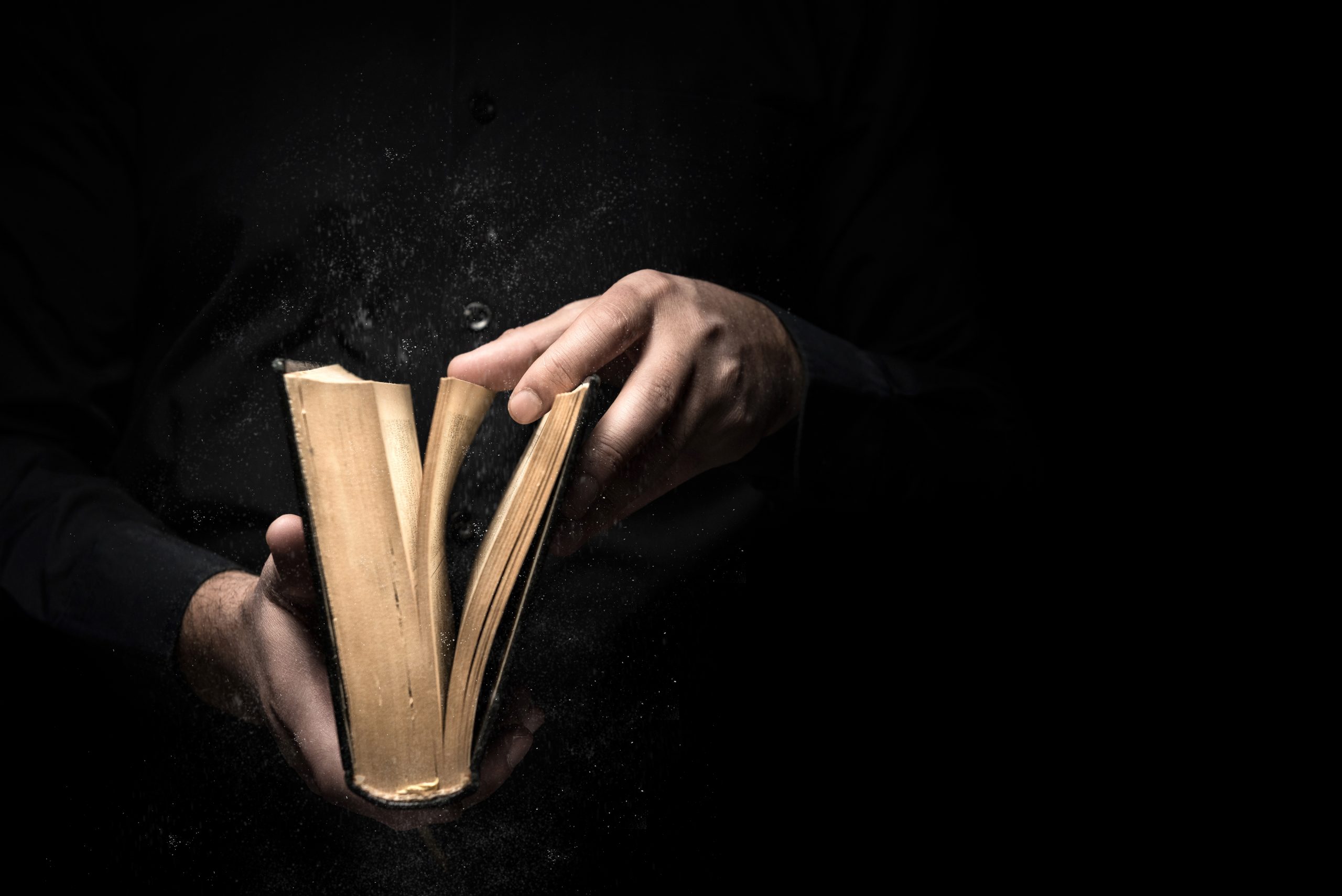Harry V. Jaffa rejected both the living constitution of the Progressives and the moral relativism of some conservatives.
The Philosopher-Poet
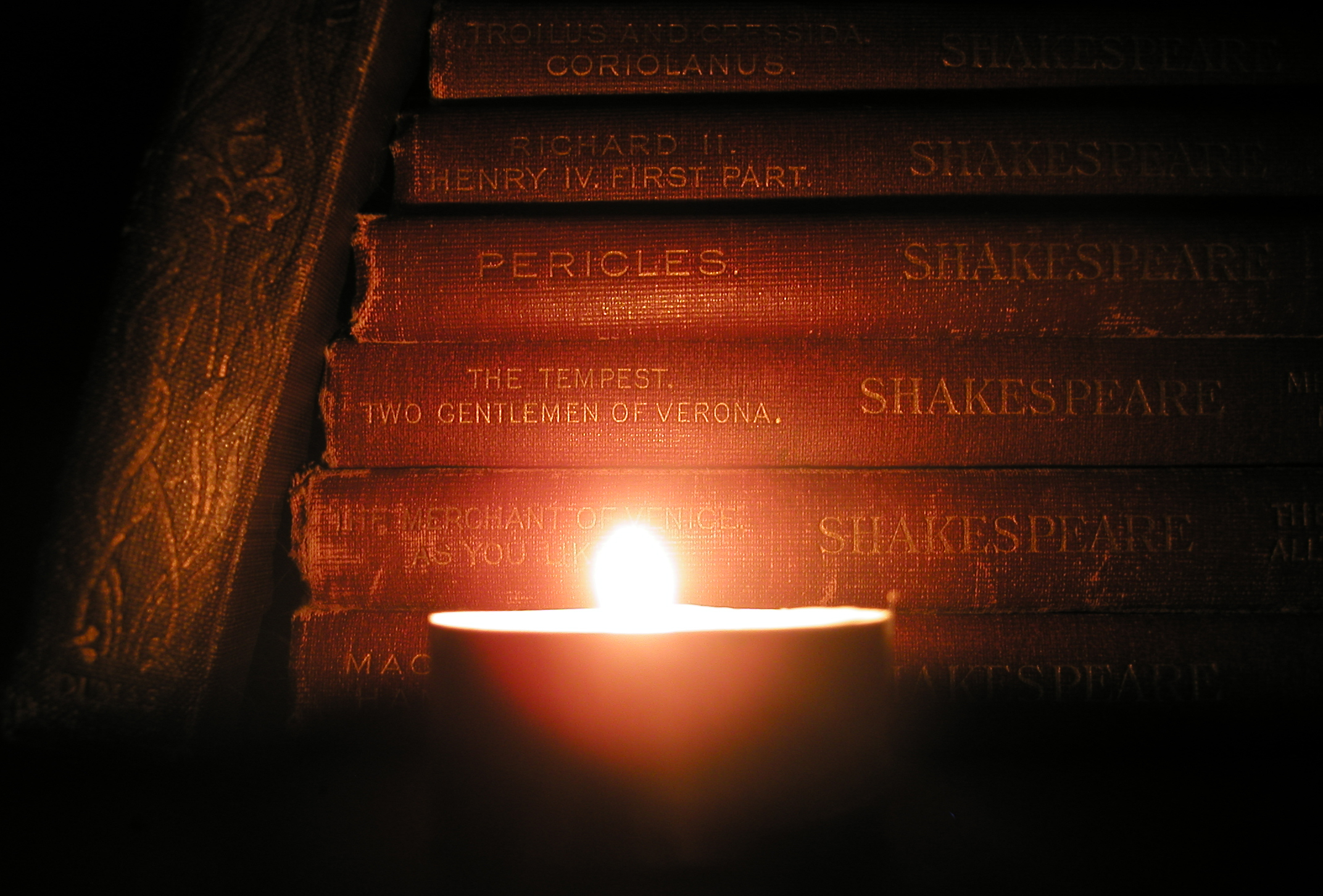
Reflections on Harry V. Jaffa from a grateful student.
This feature marks the publication of Claremont Institute Senior Fellow Glenn Ellmers’s new book on Harry V. Jaffa’s life and thought, available for purchase here.
I first met Harry Jaffa when I was a freshman at Claremont Men’s College. He was my assigned freshman adviser. He had given a talk about why political science majors should learn Greek and study Shakespeare. Of course this sounded ridiculous to me, even though I enjoyed Shakespeare. So I approached him warily. My American Government professor, Martin Diamond, sounded so much more appealing.
Even before graduate school I took a different measure of Jaffa and Diamond. I was studying Greek and reading Plato and Jane Austen in addition to Shakespeare. Even then Jaffa, in turn, seemed to be giving more odd advice about engaging in local politics, advising the brilliant Tom Silver to write on Calvin Coolidge, and approving the egregious Peter Schramm’s work on the statesmanship of Frederick the Great. Why did I have to learn irregular verb forms in order to work on such subjects?
I rejected the impractical subject of a dissertation on Shakespeare in favor of one on Aristotle on friendship and politics. Who else had the advantage of having studied with two of Strauss’s most brilliant students, Jaffa and Seth Benardete? Even if, as I concluded years later, I had failed to benefit fully.
In returning to Claremont I was enchanted by Jaffa’s classes on Shakespeare. I found his exchanges with Harry Neumann impenetrable. But the Bible loomed larger in my field of vision. Working at the Claremont Institute sharpened my focus on political matters, as opposed to textual interpretation. Editing Claremont publications, some books and an early version of the Review, was another breakthrough.
Finally, in 1996, the combination of natural law and the mystery of revelation led to my conversion to the Roman Catholic Church. I had the prayers of devout friends to guide me. I don’t know that Jaffa was particularly pleased by that. But a side of him that I hadn’t appreciated before disclosed itself, and I began to see the theological-political question in its fundamentals.
My Washington years, guided by the indomitable Clarence Thomas, had refined my purposes. It also corrupted my judgment. Would I be a Washington hanger-on the rest of my days? Larry Arnn rescued me from Richmond. Bill Allen was elevating me in other ways, as had my experience at USAFA. I was building a life. I had my daughter Veronica to live for. And Jaffa had reason to be pleased with much of what I had done.
But in the final score of Jaffa’s life I sensed I was missing the target of his work. I had thought his Crisis of the House Divided to be a superior book to his philosophically deeper work, A New Birth of Freedom. But now I see the radical change. The philosopher in Jaffa had put aside the poet.
With Ed Erler and John Marini, and the encouragement of Tom Klingenstein, I was able to see more of the unity within the duality of political philosophy as I helped them with books about Jaffa and his legacy. And now I was ready to write my own book on equality, after fabricating about ten others. A few survivors from greater Claremont’s early years and my dear wife Althea now accompany me on my second sailing.
Glenn Ellmers’ amazing book on Harry Jaffa reintroduces me to the man I had first known almost three score years and all the extraordinary people he gathered about him. May I ask God for yet another score of years to walk with them and be their friends. Then I could repay them and this failing country.
The American Mind presents a range of perspectives. Views are writers’ own and do not necessarily represent those of The Claremont Institute.
The American Mind is a publication of the Claremont Institute, a non-profit 501(c)(3) organization, dedicated to restoring the principles of the American Founding to their rightful, preeminent authority in our national life. Interested in supporting our work? Gifts to the Claremont Institute are tax-deductible.
At the crossroads of reason and revelation stands the American idea.
Harry V. Jaffa's work and teaching was not enslaved to the fashions of his day.
Rescuing America is the great task of this generation's best.
Harry V. Jaffa helped save American history from Progressive historicism.
Glenn Ellmers's new book on Harry V. Jaffa teaches urgent lessons for our fractious politics.

